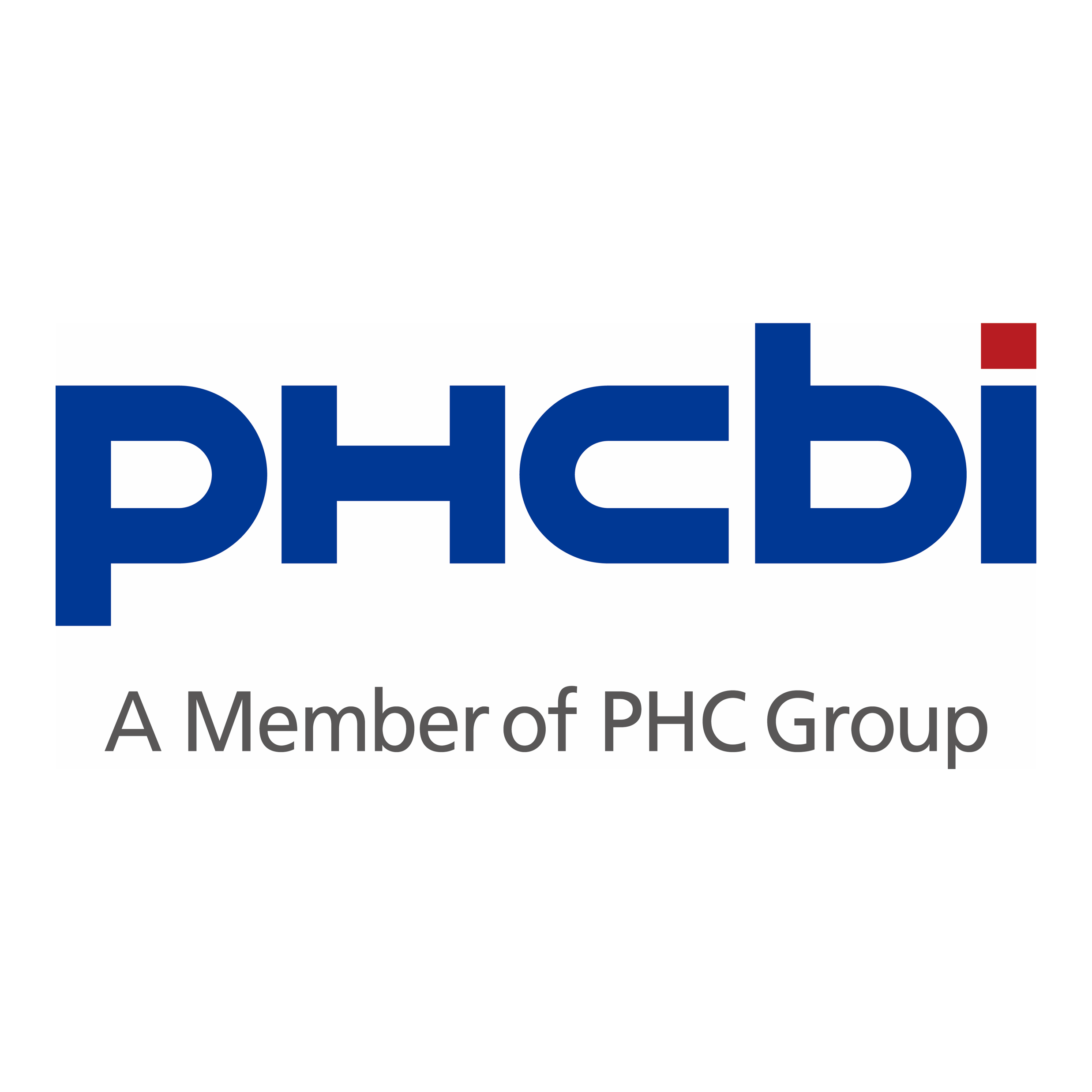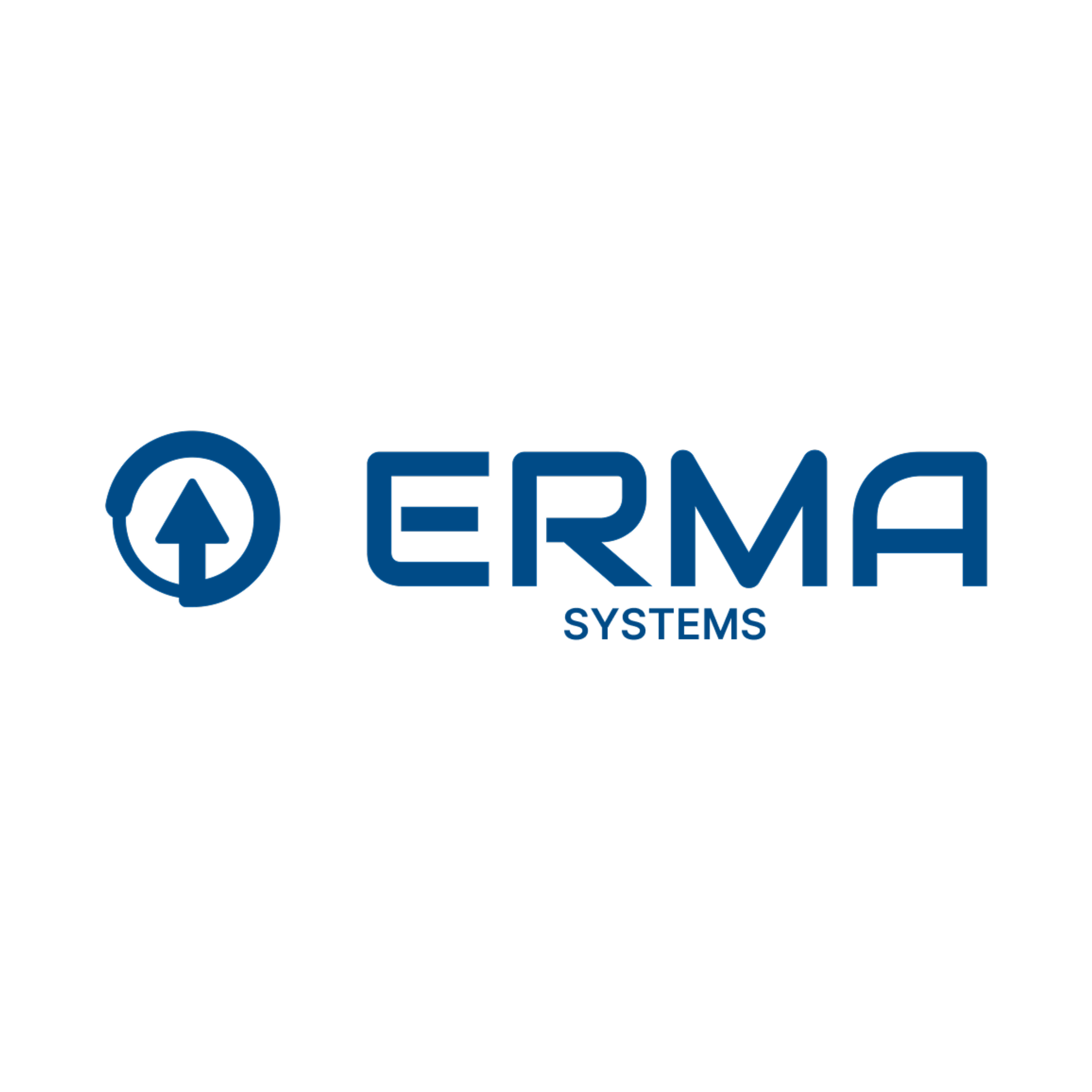Today, a brief rundown of news from Incyte and Zenas BioPharma, as well as updates from MapLight Therapeutics, Merck & Co. and GSK that you may have missed.
Incyte has paused further development of three prospects as part of an ongoing R&D review that will see the company focus on “high-value programs” to drive its “next phase of growth,” CEO Bill Meury said in a quarterly earnings statement Tuesday. In the pipeline reshuffling, Incyte will no longer work on a drug called povorcitinib in a form of chronic urticarias. It’ll also stop testing two other medicines code-named INCA034460 and INCB57643, which the company was evaluating in vitiligo and myelofibrosis, respectively. The moves come amid a heightened focus on Incyte’s pipeline, as the main patent protecting its top-selling drug Jakafi will expire later this decade. — Ben Fidler
Shares of Zenas Biopharma climbed by about a third on Monday after the company reported positive results from a Phase 2 study in people with relapsing forms of multiple sclerosis. Zenas said that, when compared to a placebo, its drug obeleximab was associated with a 95% relative reduction, after 8 or 12 weeks, in the cumulative number of new “T1” brain lesions — a sign of active inflammation in MS. The findings were “best-in-disease” data that matched or surpassed what’s been observed in testing of drugs like Ocrevus and Kesimpta, wrote Jefferies analyst Roger Song. Zenas will report longer-term data from the study next year, by which time the company expects to have revealed Phase 3 results from a study of obeleximab in IgG4-disease, another inflammatory condition. — Ben Fidler
MapLight Therapeutics raised $251 million in an initial public offering it priced with the help of a little-used regulatory workaround enabling it to debut on Wall Street during the ongoing federal government shutdown. MapLight, which is developing a rival schizophrenia drug to Bristol Myers Squibb’s Cobenfy, sold 14,750,000 shares at $17 apiece in the offering. It also raised about $8 million in a concurrent private share sale to affiliates of Goldman Sachs. The company’s IPO is the third largest this year, only trailing new stock offerings from Metsera in January and LB Pharmaceuticals in September, according to BioPharma Dive data. — Ben Fidler
The Food and Drug Administration has approved a broader label for Merck & Co.’s pulmonary arterial hypertension drug Winrevair, the company said Monday. The latest nod clears Winrevair as a treatment to improve exercise capacity, reduce disease severity and lower the risk of serious events such as lung transplants or death in people who are very ill. The approval was based on a trial called Zenith, in which Winrevair reduced the risk of these events 76% when compared to a placebo, in people whose disease is characterized “class III” or “class IV.” In those scenarios. breathlessness limits or precludes physical activity. Winrevair was its initially approved on a data showing it improved the walking speed of people with class II or III disease.— Jonathan Gardner
GSK said Monday it acquired worldwide rights to an antibody drug conjugate from the French biotechnology company Syndivia. The deal hands GSK a drug it intends to develop for metastatic castration-resistant prostate cancer. In a statement, GSK claimed the treatment could have a “best-in-class” profile, as preclinical testing suggested it could shrink tumors without causing “a proportional increase in significant side effects, even at higher doses.” Syndivia could receive £268 million, or about $357 million overall, though the companies didn’t disclose how much of that total is in guaranteed upfront cash. — Delilah Alvarado















